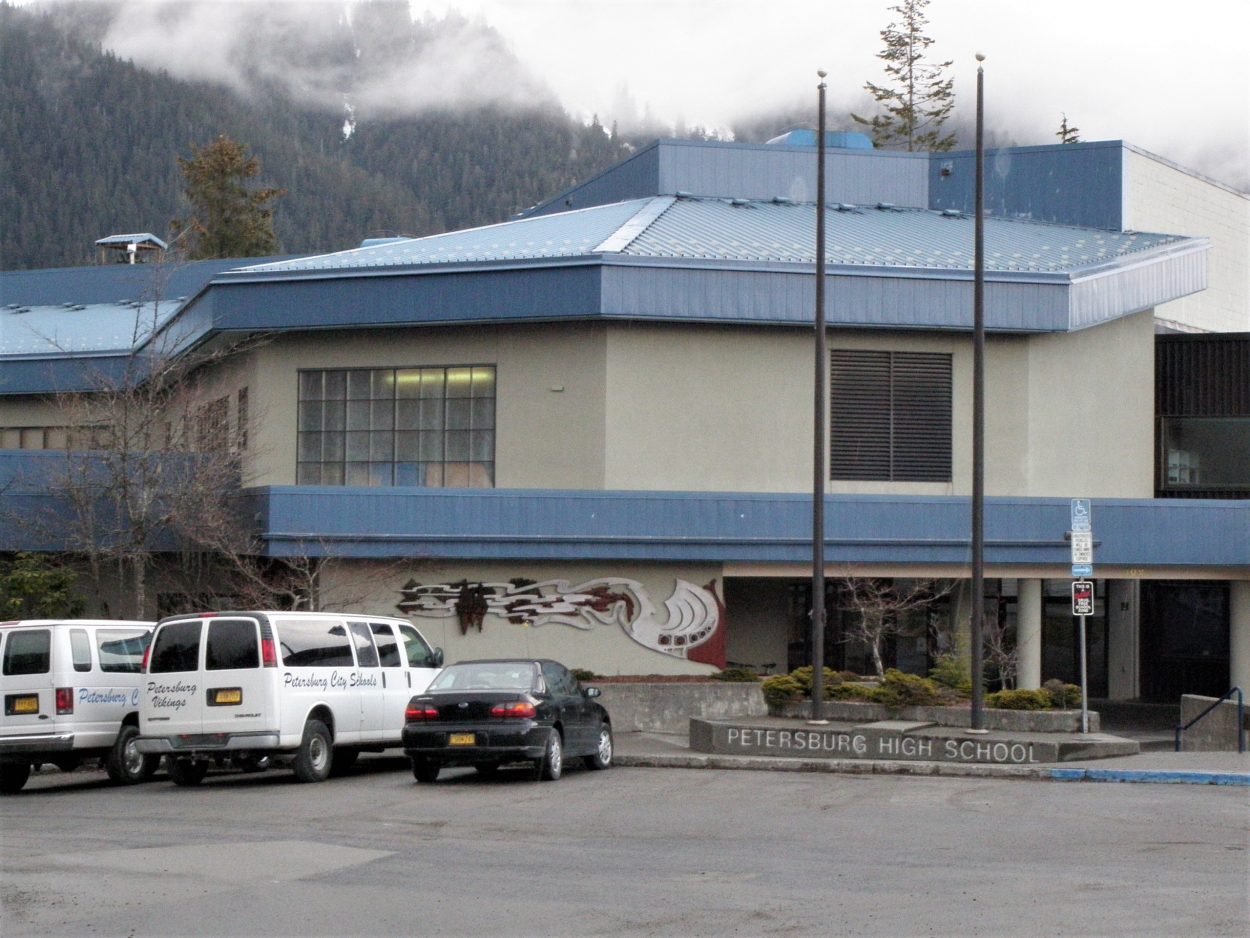
Petersburg School District is considering adopting a proposal that restricts sex offenders on campus. The State’s school board association sent a sample policy to all public school boards but Petersburg has to figure out some local details first before approving its own policy. KFSK’s Angela Denning reports:
There is no state law regarding sex offenders on campus. The Association of Alaska School Boards is recommending that local school districts consider getting their own policy. The Petersburg School Board discussed the issue at their last meeting.
“There’s been no issue, there’s not a reason to panic,” said Superintendent Erica Kludt-Painter.
Kludt-Painter said the policy isn’t surfacing because something bad happened at Petersburg’s schools but it’s good to have something in place anyway.
School Board Vice President Sarah Holmgrain agreed, saying it’s better to be proactive.
“You do kind of want some sort of policy before you’re ever presented with the situation so that you know what to do,” Holmgrain said.
The sample policy forwarded by the state was created by the Kenai Peninsula Borough School District. It prohibits sex offenders who are not parents or guardians from coming onto school grounds except for outside of school hours for voting purposes or open meetings. Offenders who are parents or guardians are only allowed onto school property for specific reasons, like to pick up or drop of their student and for parent teacher conferences, and only with prior approval from administration. There are also specifics on dealing with students who are deemed sex offenders. The district serves students up to the age of 21 through a special services program.
Petersburg schools have dealt with sex offenders on campus before. Kludt-Painter was the principal of the elementary school for many years and said, although it’s not a common occurrence, she has addressed it before.
“We did handle it the way that it’s outlined in here as far as communicating privately with people, making sure that there are permissions gained,” Kludt-Painter said. “They do, of course, have the right to have access to their teachers for parent teacher conferences but there are lots of other things that you can put into place for making sure everybody is comfortable and that it’s handled in a way that’s respectful.”
The policy also protects the school district from being held responsible for who is and isn’t on the sex offender registry. Kludt-Painter said school administrators are not the police and don’t actively monitor the sex offender registry.
“We can’t be held liable for figuring out if someone is or isn’t on the list,” she said. Kenai’s policy that the State sent around has been vetted by the AASB’s lawyers so school districts could adopt it as is. But there are still unique questions locally like, what does “campus” include? Movies at the student-run theater at the auditorium on the weekends? Or sporting events at the school gymnasium? Or the Veteran’s Day assembly? Also, the schools use the borough’s community pool for classes so is that building also a part of the campus? And what is considered a public meeting?
“That’s what I think we’re talking about. What constitutes a meeting, does that mean activities that are school sponsored, not school sponsored?” Kludt-Painter said. “In a small town things happen at the school. It’s just the way it is.”
The school board decided to take their questions to the district’s attorney for clarification and they tabled the sex offender policy until their next meeting.









